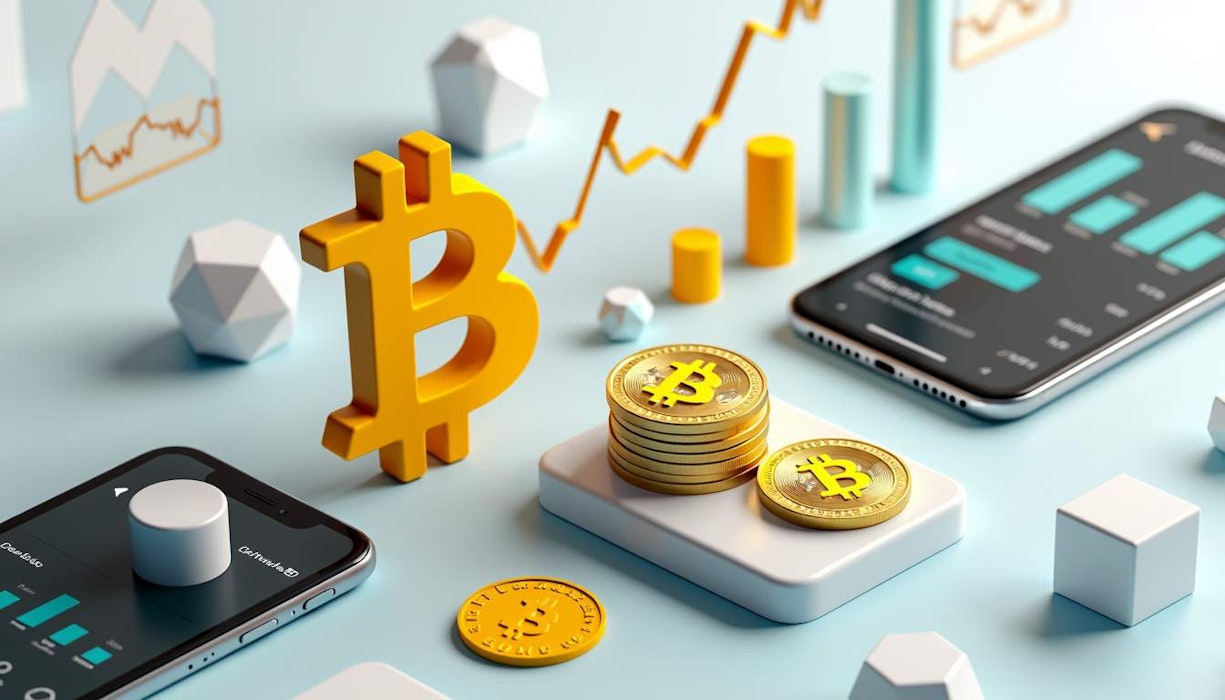Bitcoin just hit a huge milestone by surpassing silver in market cap. It's now the eighth largest asset out there. This isn't just some random event; it shows how far Bitcoin has come and how it's being viewed in the financial world. But as with everything, there are upsides and downsides to this situation.
The Good: Institutional Interest and Bitcoin ETFs
One of the main reasons for Bitcoin's surge is the influx of institutional money. We're talking about big players like hedge funds and corporations getting in on the action. Just recently, BlackRock’s iShares Bitcoin Trust traded a whopping $4.5 billion in one day! That’s some serious cash flow.
Then there's the approval of Bitcoin ETFs by the SEC, which has made it even easier for these institutions to dive into crypto without dealing with exchanges or wallets directly. These ETFs are like a gateway that brings in more capital while also stabilizing prices—at least that's what they say.
The Bad: Risks for Small Businesses and Investors
But it's not all sunshine and rainbows. For small businesses in Latin America, where cross-border payments can be a nightmare, cryptocurrencies offer an alternative that’s cheaper and faster than traditional methods. However, there's a catch: volatility.
Bitcoin's price swings can be extreme, making it a risky choice for those looking to hedge against local currency devaluation. And let’s not forget about regulatory issues; many countries are still figuring out how to handle these new digital assets.
Investing in Bitcoin as a hedge against hyperinflation might sound appealing, but it comes with its own set of risks—from price instability to potential regulatory crackdowns.
Summary: Navigating This New Landscape
So here we are: Bitcoin's market cap surpassing silver is both an opportunity and a challenge. For small business owners needing efficient payment solutions, cryptocurrencies could be the answer—if they're willing to brave the storm of volatility and regulatory uncertainty.
As for investors? It's crucial to do your homework before diving into this turbulent sea of digital assets. Whether you're looking at crypto trading in the US or considering Latin America as your next frontier, understanding what you're getting into is half the battle.
